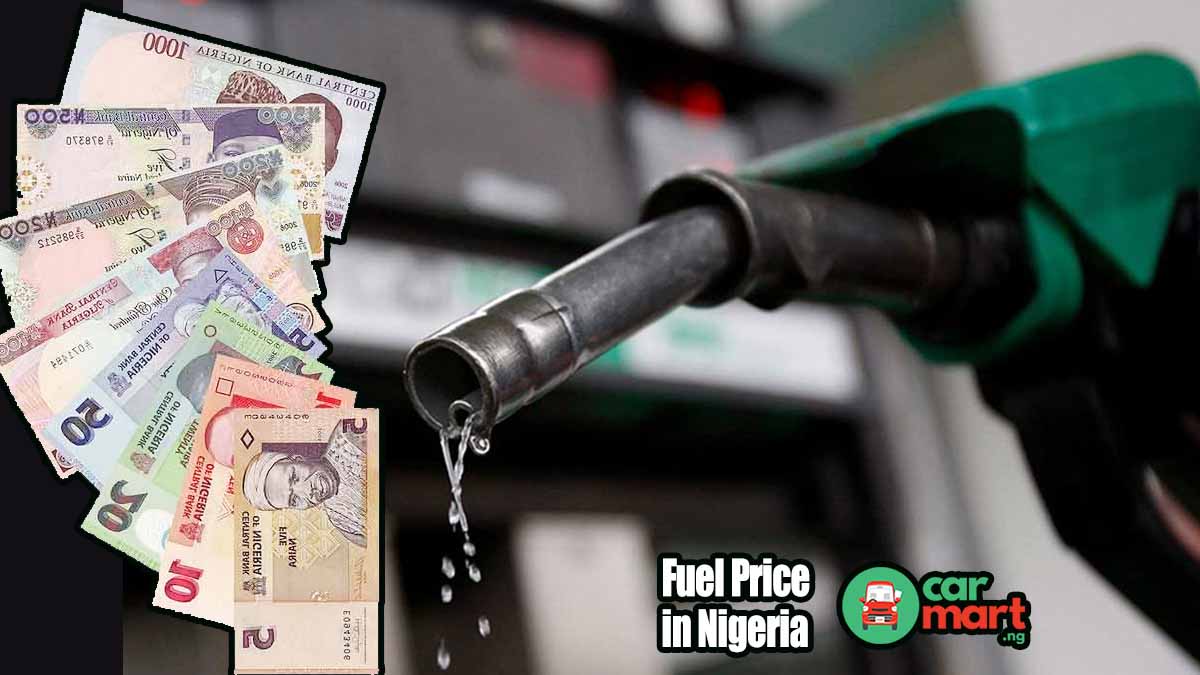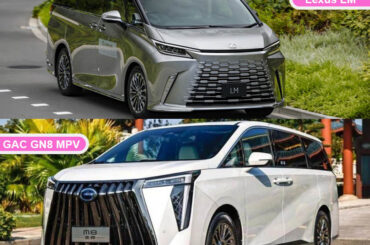With petrol and diesel prices constantly on the rise, it’s super important that you make the most out of every drop of fuel so that you can improve the economy and save yourself some money.
Table of Contents
There are lots of different techniques and habits you can incorporate into everyday driving that will have a positive impact on your vehicle’s fuel economy.
Try following a few of the fuel-saving tips and tricks below; you may be very pleasantly surprised at just how much difference a change in driving style can make.
Tires and Tire Pressures
One of the biggest factors in fuel economy is the performance of your tyres. They are, after all, the only thing that connects your vehicle to the road.
Having your vehicle’s tires inflated to the correct pressures has a significant impact on your vehicle’s fuel economy. Under-inflated tires can have a detrimental effect on your mpg by as much as 2.5 per cent.
This is another big one. Simply anticipating what is likely to happen in front of you when driving here will greatly improve your efficiency as well as reduce wear and tear on your car’s brakes.
Simply put, the less time you spend braking and accelerating, the less fuel you’ll use.
Accelerate and decelerate smoothly
When the lights turn green, don’t stamp on the accelerator and get up to speed as fast as physically possible.
Accelerate briskly but smoothly, reaching the desired speed in a reasonable time frame so as not to frustrate your fellow road users behind you. Don’t wait until the last minute to come to a standstill either; lift off the gas nice and early and brake gently until you come to a stop.
When it comes to speed bumps, don’t accelerate quickly and then slam on the brakes to go over the bump. Try to maintain a constant speed of 15 to 20 mph unless your car is particularly low or the bumps are exceptionally high.
Remove excess weight
The heavier your car is, the more fuel it will use trying to get from A to B, so anything you can do to make it lighter will save you money.
Unnecessary clutter is the main culprit, but simply clearing out what’s in the backseat and the boot can have a positive impact as well.
Check your speed and use the cruise control
Always being mindful of the speed you’re travelling at is good, safe practice anyway, but it can also help in terms of fuel economy.
Motorists should adhere to speed limits at all times so they aren’t breaking the law, but saving money is another solid reason to do so. For instance, travelling above the national speed limit at 80 mph instead of 70 mph will use an extra 10 per cent of fuel, as well as cost you extra money in speeding fines.
Cruise control only helps the situation. Slowing down and speeding up increases fuel usage in a big way, so letting the car maintain the exact cruising speed for you whenever possible is the most efficient way to get around.
Use your gears properly
It’s not part of the driving test to learn how to use your gears efficiently; you simply have to be able to use them to get the car to move at various speeds.
However, to get the most mileage out of every drop of fuel and maintain maximum efficiency, it’s vital that you’re always using the right gear at the right time. Be careful not to over-rev, and make sure you don’t labour the engine by being in a gear that’s too low for the speed and terrain.
Generally, petrol cars are at their most economical between 1500 and 2500 rpm, so you should aim to change up to the next gear whenever you exceed the higher end of that range. For diesel, it’s between 1300 and 2000 rpm.
Service and maintain your car
Ensuring that your vehicle is in tip-top mechanical shape is vital to ensuring that its fuel economy is as good as it can be.
A car that has its engine serviced regularly and in line with manufacturer schedules, using the correct parts, fluids, and lubricants, will work better and be more efficient than one that doesn’t. It’ll be more reliable, too.
Wheel alignment (also known as tracking) also affects fuel economy, and it can be knocked out by something as simple as a pothole in the road, so make sure you get it checked regularly.
Avoid unnecessary idling
When a car is at a standstill and the engine is turned on and idling, you’re getting precisely zero miles per gallon from your fuel. This is because fuel is being used, but you aren’t going anywhere.
So, are they waiting for a mate outside their house? Turn the engine off. Eating your burger at the drive-thru? Turn the engine off. And yes, even when you’re defrosting your car, if you want to save fuel, you’ll have to keep the engine off.
Modern cars with “stop/start” technology save fuel by turning the engine off while the vehicle is stationary. If your car has this function, keeping it turned on is the best thing you can do for fuel economy.
Use air conditioning and heating functions wisely
As a general rule, anything that drains the car’s battery in any significant way is also a drain on your car’s fuel tank. This is because it uses the alternator to keep the battery charged, which is powered by the engine, which needs fuel to work.
Air conditioning is the biggest culprit here, increasing fuel consumption by up to seven per cent in town driving. At higher speeds, the effect is less noticeable, and using the air conditioning at highway speeds is actually more efficient than having the windows down because of the drag that’s created.
Heated seats, heated steering wheels, heated windscreens, and anything else heated will use extra fuel, too.
Conclusion
Small changes can equal a big reduction in fuel consumption. Following all of the above rules could have a significant impact on your fuel consumption and, more importantly, your fuel bills.
Simply making a few changes to your driving style and maintaining your car to keep it in tip-top condition can make all the difference.
Have 1 million naira and above to Buy or Sell Cars In Nigeria? Check carlots.ng
All rights reserved. Reproduction, publication, broadcasting, rewriting, or redistribution of this material and other digital content on carmart.ng is strictly prohibited without prior express written permission from Carmart Nigeria - Contact: [email protected]







